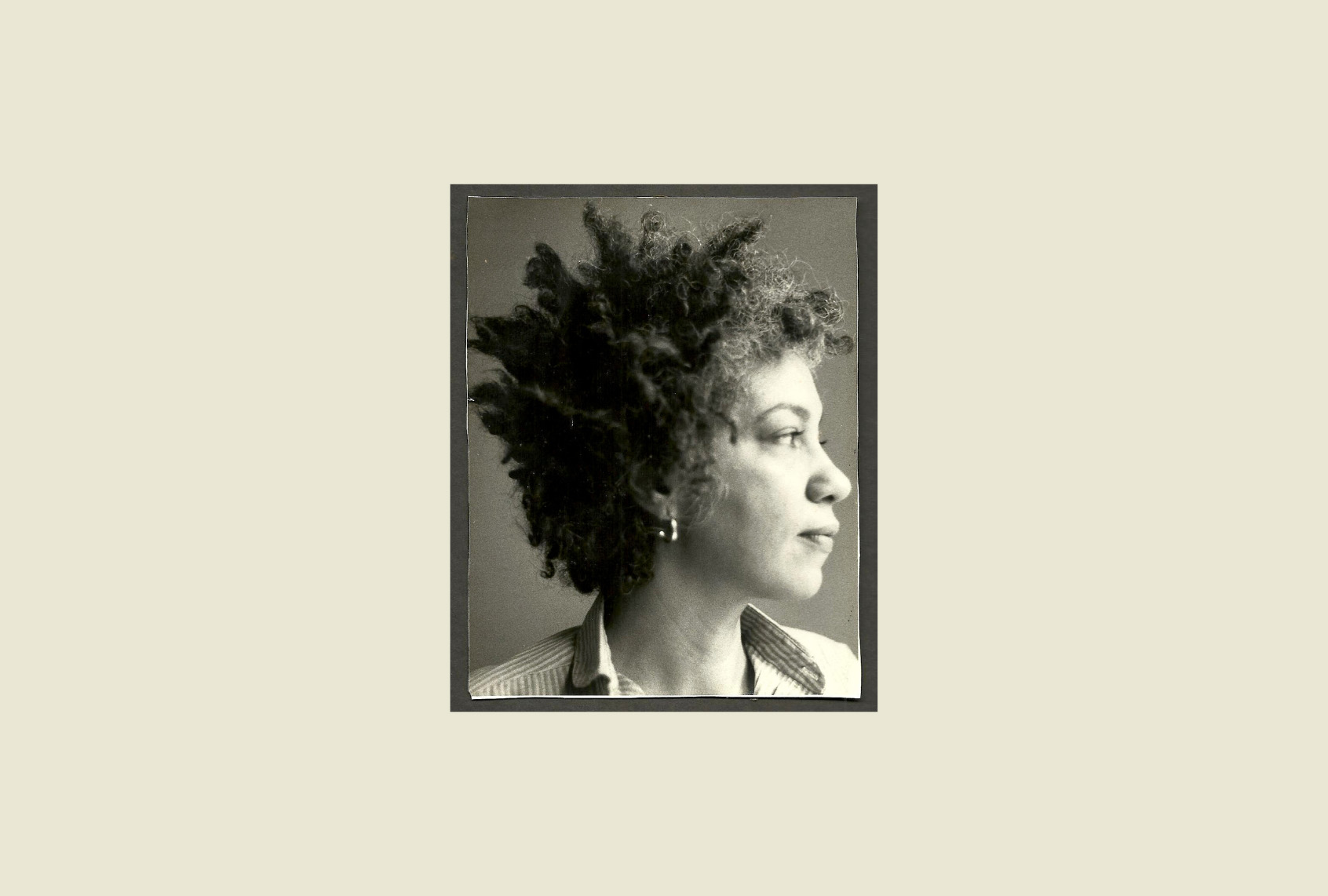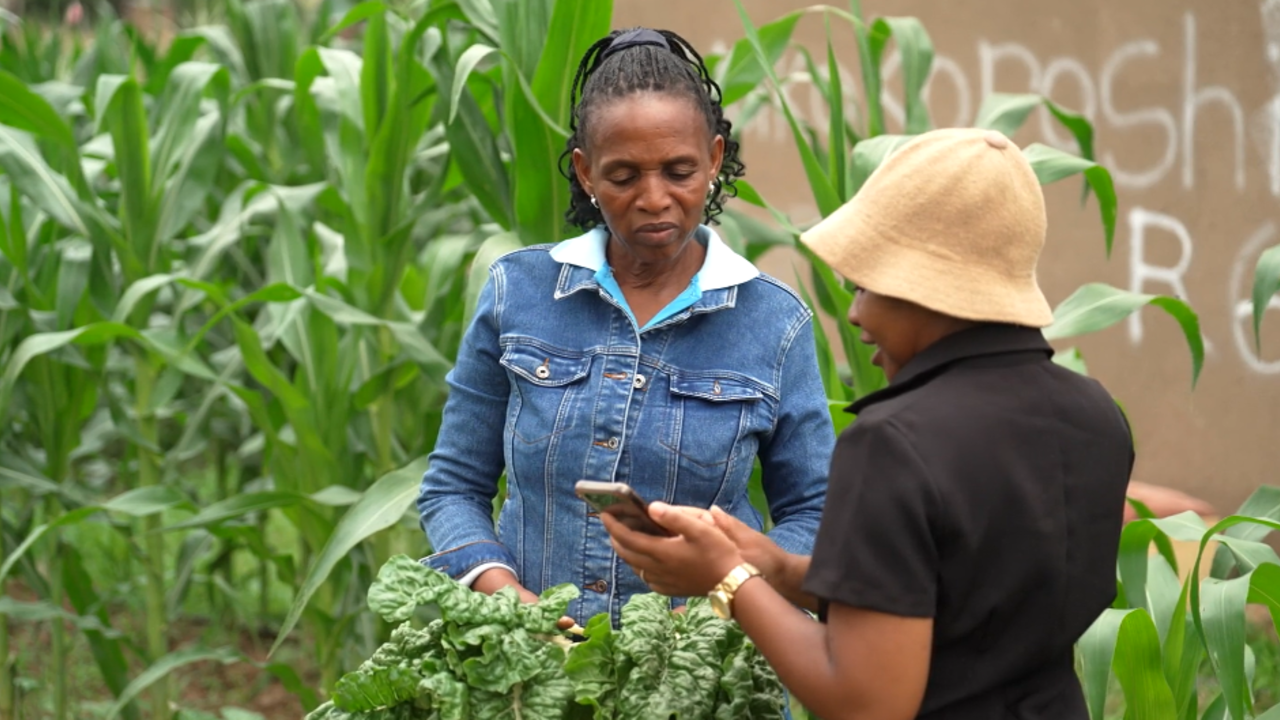In the upcoming anthology, “This Unruly Witness: June Jordan’s Legacy,” edited by Lauren Muller, Becky Thompson, Dominique C. Hill, and Durrell M. Callier, the enduring influence of poet and activist June Jordan is explored through the voices of her students and admirers. Scheduled for publication on November 11, 2025, the collection highlights how poetry can serve as both a refuge and a tool for social change, especially in turbulent times.
Jordan, who passed away in 2002, remains a powerful figure in literature. Her work resonates with those seeking to understand the intersection of personal and political realities. The anthology features contributions from renowned literary figures such as Angela Davis and Naomi Shihab Nye, further emphasizing Jordan’s role in shaping discourse around identity and justice.
The collection is divided into three sections that collectively celebrate Jordan’s commitment to humanism. In the foreword, Alexis Pauline Gumbs underscores Jordan’s ability to connect political struggle with a deep sense of love and empathy. The editors aim to present a comprehensive view of Jordan’s legacy, illustrating her fight against systemic oppression across various social issues, including race, gender, and international conflicts.
One essay, “Puño en Alto! Libro Abierto!/ First Up! Book Open!: On Anti-Intellectualism, Literacy Brigades, and Revolutionary Consciousness” by Maria Poblet, reflects on Jordan’s belief that poetry should be accessible yet challenging. Poblet recalls a pivotal moment when Jordan posed a thought-provoking question: “Have you ever asked a working class teenager if she would rather be fed easier words or get an education that allows her to read any word she wants?” This encapsulates Jordan’s philosophy that education should empower individuals rather than simplify language.
In the section titled “We Are Lucky She Dared,” poet E. Ethelbert Miller offers an intimate portrayal of Jordan, categorizing her work into nine themes ranging from Black studies to love poems. His personal anecdotes enrich the reader’s understanding of Jordan’s multifaceted identity and her responses to geopolitical issues. Miller’s analysis of her poem “Moving Towards Home” highlights the profound connection between personal experience and larger societal struggles.
Many contributors to the anthology are former students of Jordan from her influential course, Poetry for the People, at the University of California, Berkeley. Sriram Shamasunder recalls the impact of Jordan’s teachings during her final years battling cancer, illustrating how Jordan inspired her students to find their voices. Shamasunder recounts a visit to Jordan’s home amid criticism she faced regarding her advocacy for Palestinian rights, shedding light on the complexities of Jordan’s activism and the sacrifices she made.
The anthology culminates in “The Awesome Difficult Work of Love,” featuring a conversation among Angela Y. Davis, Prathiba Parma, and Leigh Raiford. This dialogue provides deeper insights into Jordan’s radical commitments and her expansive vision for liberation. Raiford articulates the importance of understanding Jordan’s contributions in the context of her full humanity, emphasizing the need for compassion and empathy in today’s world.
In a time when global challenges demand more love and understanding, the legacy of June Jordan serves as a reminder of the power of poetry to challenge injustice and inspire action. As Davis poignantly notes, “in many ways, the world is catching up to June.” This anthology not only honors Jordan’s life and work but also encourages readers to reflect on their roles in promoting justice.
“This Unruly Witness: June Jordan’s Legacy” promises to be an essential read for those seeking to embrace moral integrity while confronting societal injustices. Through these narratives, readers may find the courage to engage with the complexities of human experience and to ask themselves, “What would June do?”







